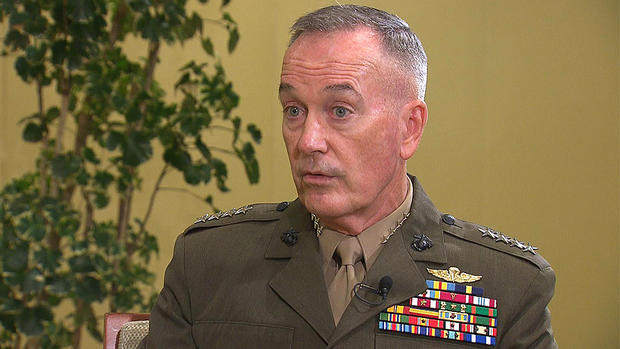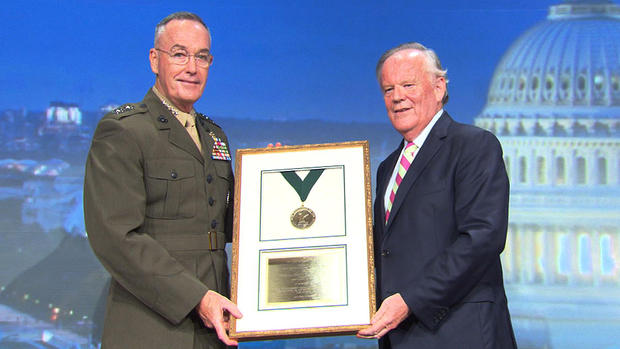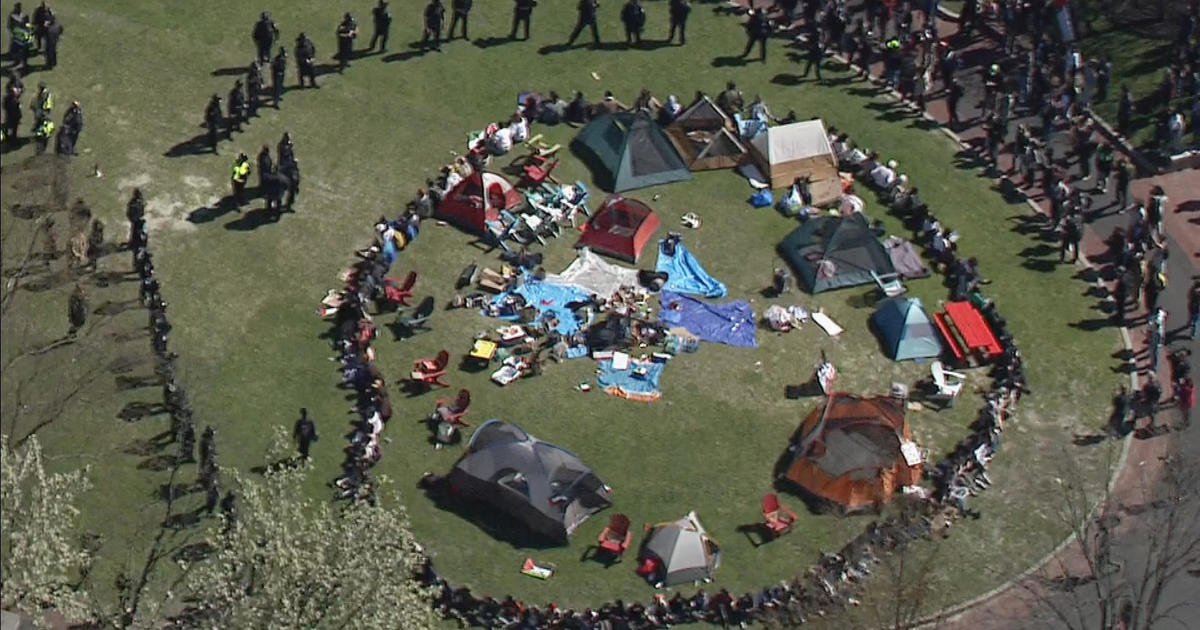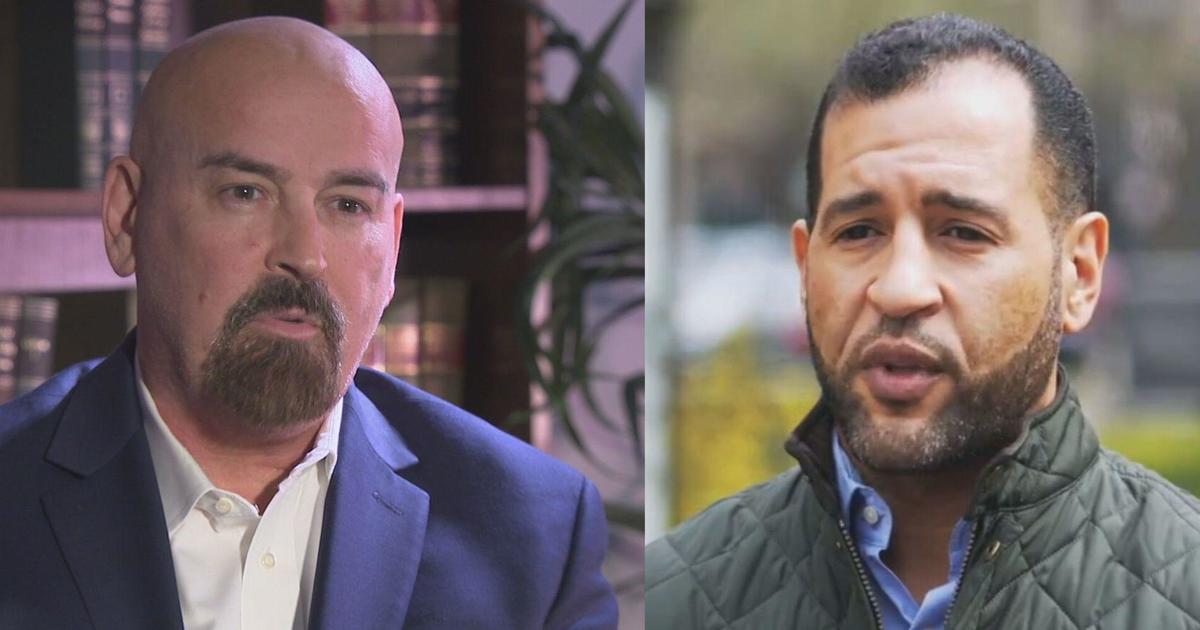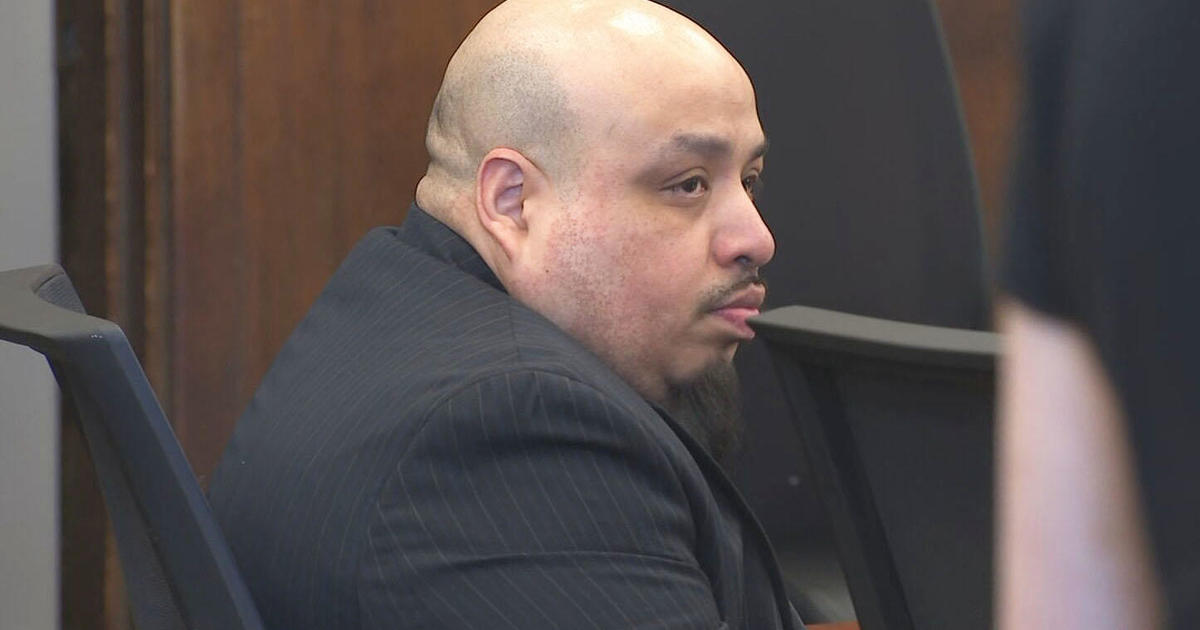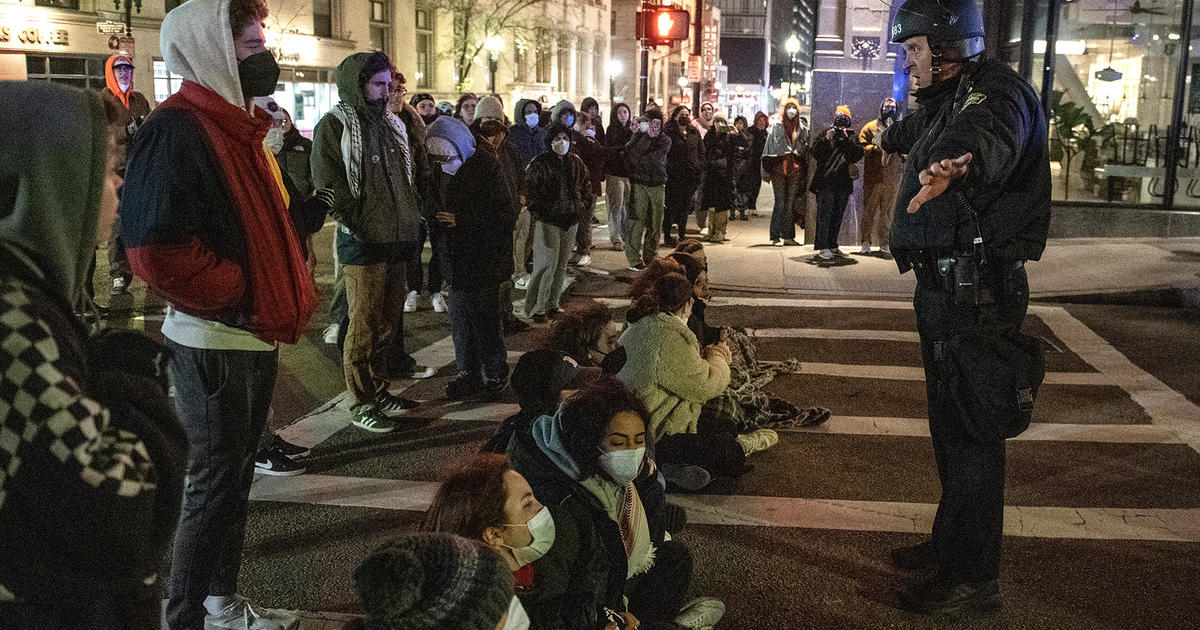Exclusive: Most Powerful Member Of US Military Speaks Out On Middle East, Transgender Service Members
BOSTON (CBS) – Gen. Joseph Dunford, Jr., was born in South Boston and raised in Quincy. His father, Joe Dunford, Sr., was a Boston Police officer. He went to Boston College High and earned a graduate degree from Tufts.
Dunford is now the nation's most powerful member of the U.S. military – the Chairman of the Joint Chiefs of Staff, a position to which he was first nominated by President Obama in 2015; President Trump renominated him in 2017 for a second term.
I met him Thursday night at the Seaport Hotel, where he was about to accept the New Englander of the Year Award, given out to four people each year from the New England Council. Organizers granted it this year to Dunford for his more than 40 years of distinguished military service. He's a Marine, born in 1955, who has served as Commandant of the Marine Corps, Commander of U.S. Forces in Afghanistan, and now Chairman of the Joint Chiefs.
"Tell us what it means to you that your life of military service is going to be recognized in this way," I asked him.
"I'm going to accept the award tonight on behalf of the men and women that we have in uniform right now, that I've had the privilege of spending my career around, and I appreciate that their service is recognized and, as importantly, that the values for which they stand are being recognized," Dunford said.
Back in Washington, one of the general's top jobs is to implement President Trump's proposed Space Force, which some have decried as a waste of taxpayer resources. A preliminary estimate from the Air Force projects it will cost $13 billion over the first five years to establish a separate branch of the military. That's not within the Pentagon budget for 2020 and 2021. Others have noted the Air Force already has a space command within its structure, and that adding another branch would be costly and unnecessary. I put those concerns to Dunford.
"There's an imperative to make sure that we're most effective in fielding the capabilities in space that we'll need for tomorrow, so we'll find a way to" make the costs work.
"The challenge that the president gave us is to ensure that we have the right organizational construct to develop the space capabilities that we need for tomorrow," he continued, "and we're still working through options, and the president will have an opportunity to make a choice about that in the coming months."
Dunford's role, it quickly becomes apparent in talking with him, is to implement policy, not determine it. And he's very careful to steer clear of questioning policy makers.
That includes Saudi Arabia, currently under fire for allegedly kidnapping and killing a U.S. resident and Washington Post columnist, Jamal Khashoggi, a Saudi national who has been critical of Crown Prince Mohammed Bin Salman.
I mentioned to Dunford that 15 of the 19 terrorists that carried out the 9/11 attacks were Saudis, and that some have criticized President Trump for his business relationships with the Saudis.
"Are we potentially too friendly with the Saudis?" I asked.
"I think the American people are well off if there's a stable and secure Middle East," he responded. "And Saudi Arabia is a key player in providing security and stability in the Middle East."
But Gen. Dunford did weigh in last year on President Trump's plan to ban transgender people from military service, saying anyone who meets the requirements should be able to serve.
"Why did you publicly speak out on that issue?" I asked.
"What I really spoke out about to the force at the time just saying that I believe that every single man and woman in uniform deserves to be treated with dignity and respect," he said. "And what I was making clear at the time was that no final decision had been made with regard to the disposition of those on active duty."
That is still the case. President Trump dialed back his proposal, allowing some transgender service members to stay on if they haven't transitioned genders. But that policy has not been implemented, as it's tied up in litigation, and Dunford made it clear he couldn't comment any further.
Before his current role, Dunford was Commander of U.S. Forces in Afghanistan. He argued that progress has been made in that 17-year war, especially in training Afghan forces to eventually take over from coalition forces.
"Let me put it in some perspective for you: When I was in command in Afghanistan, we had 140,000 coalition forces; we had less than 200,000 Afghan forces," Dunford said. "Today, we have close to 300,000 Afghan forces; there's 15,000 Americans as opposed to 100,000. So I think we've come a long way."
Dunford will finish his second and last term as chairman next fall. He plans to retire with his wife to Marshfield.
